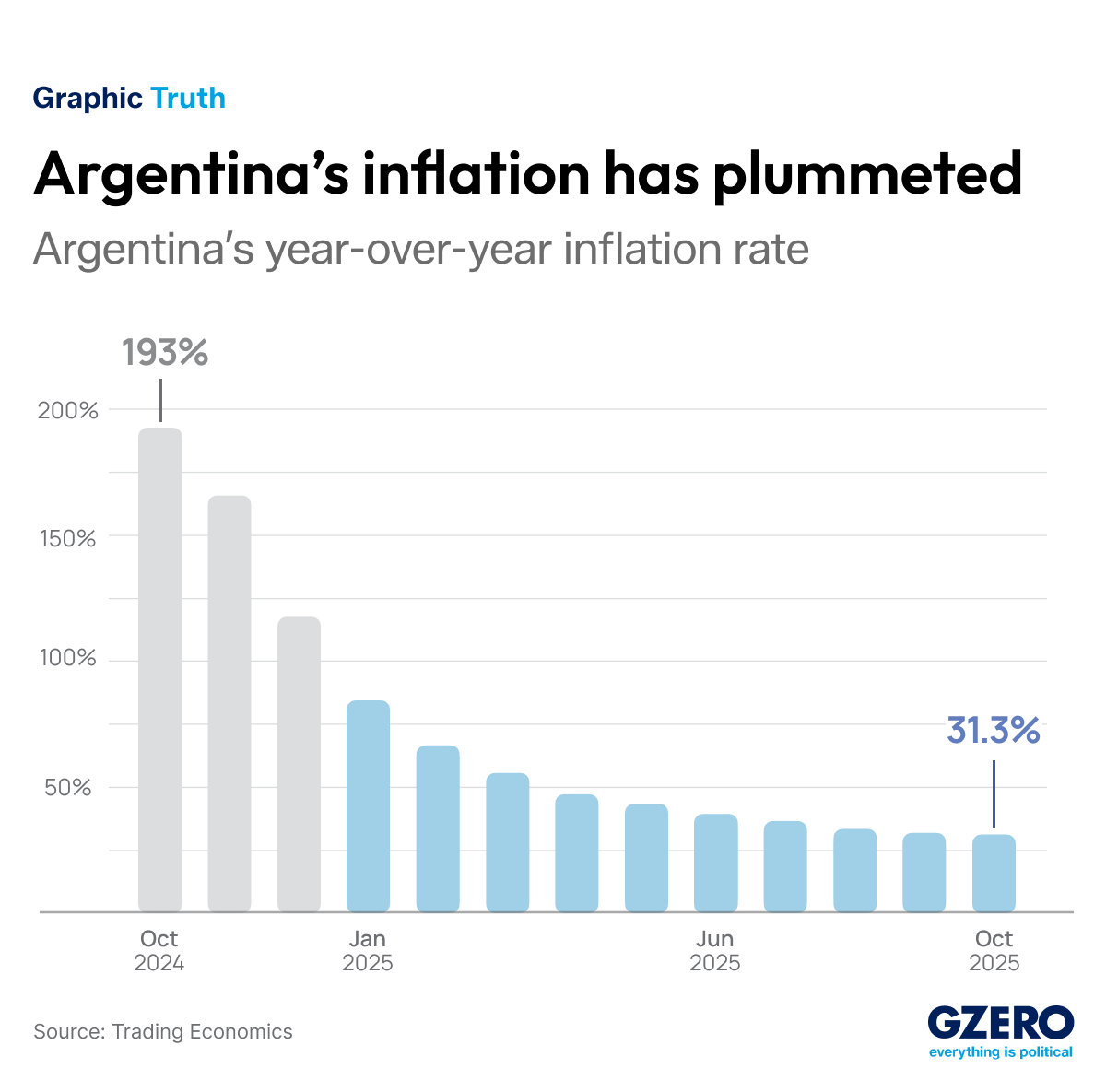WHAT WE'RE WATCHING
US-EU trade talks – Last summer, President Trump committed to slowing escalating trade measures against the EU in return for a deal to lower European subsidies on agricultural goods and protections for the automotive industry. But EU negotiators now want to exclude Europe's massive agricultural subsidies and other farmer-friendly policies in an upcoming round of talks. That jars with the goals of the US, and issues like labelling genetically-modified foods and the free flow of data are also likely to prove contentious. We're watching this, because failed trade negotiations could quickly lead to a renewed fight between the US and EU.
Zimbabwe –Deadly protests erupted in Zimbabwe this week as police cracked down on demonstrators who burned tires and blocked roads to vent their fury at a surprise hike in fuel prices. Raising fuel prices is always controversial – just ask French President Emmanuel Macron. But in Zimbabwe, people have additional reasons to be upset. The fuel shortages are indicative of deeper economic woes. Zimbabwe was forced to abandon its currency and adopt the US dollar during the ruinous reign of Robert Mugabe, whom the current president, Emmerson Mnagawa (known as "The Crocodile"), ousted a little over a year ago following a military coup. The change of power did little to fix the things — the unemployment rate is 80 percent, and Zimbabwe isn't producing enough hard currency to pay for its imports. The Crocodile may be in charge, but he hasn't managed to escape Mugabe's poisoned legacy.
WHAT WE'RE IGNORING
France's airing of grievances – Speaking of Macron, the French president has launched his latest attempt to break the gridlock of the gilets jaunes protests, now entering their tenth week: a three-month long national debate. Macron hopes that an airing of grievances in town halls across the nation will help "transform anger…into solutions." But the gilets jaunes are a leaderless movement venting anger at out-of-touch elites. They're unlikely to find common ground with Macron, a pro-business former investment banker who has already ruled out backtracking on controversial parts of his reform program. French King Louis XVI tried a similar approach in 1789, and it didn't end well for him. Macron was elected by voters who wanted someone – anyone – other than the bums in charge. Now he is the bum in charge.
The Venezuelan opposition – On Sunday, Venezuela's national intelligence service arrested Juan Guaido, president of the opposition-led legislature, and then quickly released him. This strange incident highlights the chaotic decision-making inside the Maduro regime, and it rallied international support behind an important opposition figure. But we're ignoring it simply because we don't see signs that Maduro's grip on power slipping anytime soon. Until the army decides it can no longer afford the economic devastation his government has created, Maduro will remain in power. He's helped by the fact that more than two million people who might otherwise be protesting in the streets have fled the country.
